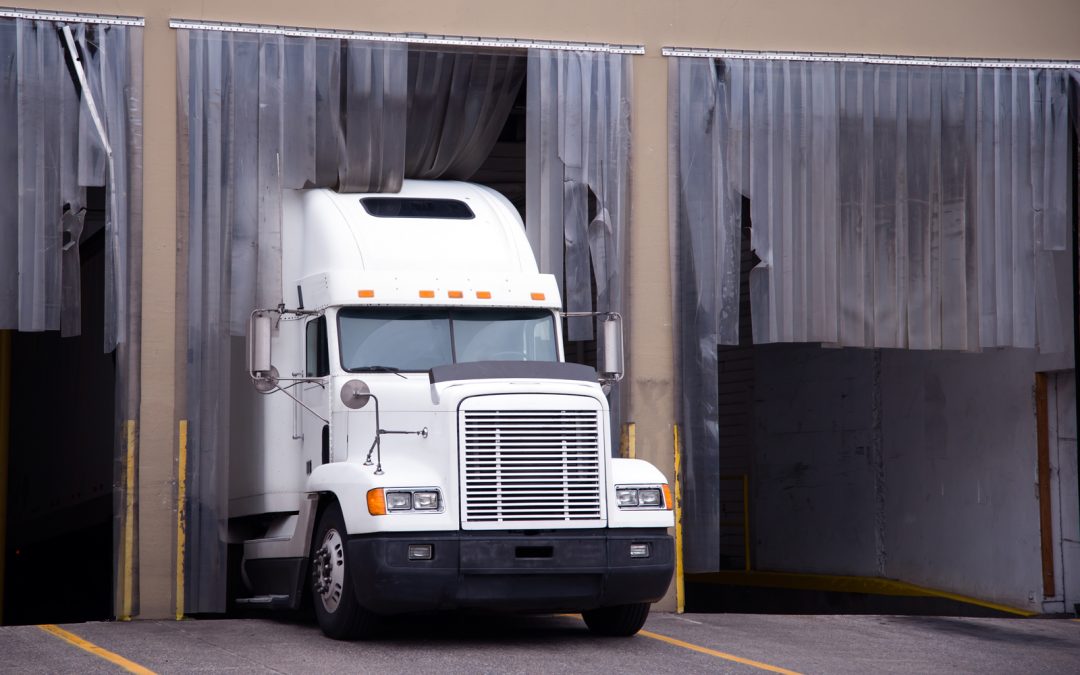The complexities of drayage accessorial charges and other fees can get overwhelming. They significantly influence how truck drivers, carriers, forwarders, and shippers operate and their profitability.
We’ve previously explained how drayage charges are calculated and why carriers and shippers need to know how to navigate those expenses.
Today, we will shine a spotlight on another crucial aspect of drayage expenses: accessorial charges.
Drayage accessorial charges are additional fees incurred for services beyond standard point-to-point transportation.
When you know what these charges are and exactly how they are calculated, you can avoid additional unseen supply chain costs.
It’s important to keep an eye out for any extra charges, like drayage fees, as they can go unnoticed and have a big effect on your profits. Understanding how they work is crucial for optimizing your supply chain and ensuring the seamless movement of all your cargo.
What Are Drayage Accessorial Charges?
Drayage accessorial charges are extra fees you incur for supplementary services related to transporting your goods.
Accessorial fees are any costs added to your drayage beyond the standard pickup and delivery fees. These charges are given when something happens during the transportation of your freight that requires additional efforts from carriers or drivers.
Unlike standard drayage charges, which cover the basic pickup and delivery of containers, accessorial costs encompass a wide range of scenarios and services. They are often unforeseen and deliver a nasty surprise when you get your freight bill. Understanding what could be added as a drayage accessorial charge can help you avoid that unfortunate situation.
Common Types of Drayage Accessorial Charges
Drayage accessorial charges can vary from shipment to shipment. But some common types of accessorial expenses that you might encounter include:
- Detention Charges: These charges are incurred when your container is held for an extended period at the port, terminal, or customer location. If there is a delay in the collection of your goods, you will likely be charged a detention fee.
- Chassis Split Charges: These charges are applied when the truck chassis that will drive the freight load is located in a different place than the freight shipping container. Your drayage company may charge an additional fee to cover the cost of picking up or returning the chassis to a different location than your container’s location.
- Reefer Services: Expect to incur extra fees if you transport temperature-sensitive cargo requiring refrigeration or climate control.
- Hazardous Material Handling: If you are transporting dangerous goods that need to be handled with extra care, you will often receive an extra charge. This usually happens because moving the cargo securely and meeting safety standards requires more effort.
- Pre-Pull Charges: These charges are levied when a pickup or delivery appointment may be early in the morning, thus, the carrier will “pre-pull” the container the day before in order to arrive on time for their scheduled delivery.
- Inside Delivery: Additional fees when drivers are required to unload and deliver goods inside a facility or building.
What Is an example of an Accessorial Charge?
To better illustrate the concept of drayage accessorial charges, let’s look at a specific example:
Detention charges are one of the most common accessorial charges in drayage. They occur when containers are delayed at ports, terminals, or customer locations beyond the allocated time.
Various factors, such as congested facilities, customs inspections, or unexpected disruptions in the supply chain, could cause this delay. These delays are typically out of the shipper’s control, but they will still end up racking up the charge.
Imagine a truck driver arriving at a customer’s location to pick up a container for delivery. According to the agreed-upon terms, the driver is entitled to a certain amount of free time for loading the container onto the truck.
However, due to unforeseen circumstances like the unavailability of personnel or the cargo being held up at customs, the container is still being prepared for pickup.
The carrier may apply detention charges if the driver has to wait for an extended period beyond the allocated free time.
These charges compensate the carrier for the extra time spent by the driver and the potential opportunity cost of not being able to pick up other containers during the delay.
Detention charges can quickly escalate. They are an expensive fee and typically charged at an hourly rate. A detention charge can quickly eat into a carrier’s profitability and cause frustration for both the carrier and the shipper.
Therefore, it is essential for both parties to communicate effectively, plan efficiently, and proactively address potential delays to minimize the occurrence of detention charges.
In such cases, utilizing advanced solutions like Draydex™ can play a crucial role in mitigating the effect of detention charges. By providing real-time visibility into market pricing, Draydex™ empowers carriers and shippers to take proactive measures and optimize operations, reducing the likelihood of incurring excessive accessorial charges and ensuring a seamless and cost-effective supply chain.
The Impact of Accessorial Charges on Your Supply Chain
Although they may seem insignificant, accessorial charges can significantly affect your supply chain’s efficiency and overall expenses.
These charges are often unexpected and can quickly add up, affecting profit margins and jeopardizing the competitiveness of your business.
Failure to anticipate and account for accessorial charges can lead to financial surprises and hinder smooth cargo movement. Both carriers and shippers must be aware of these additional costs and factor them into their logistics planning.
Tips for Mitigating Accessorial Charges
Apart from using Draydex™, here are some additional tips for carriers and shippers to mitigate accessorial charges:
- Accurate Communication: Clearly communicate with all involved parties. Let carriers know what their requirements and expectations are and ensure they are adequately prepared to handle any potential accessorial services.
- Efficient Loading and Unloading: Minimize detention charges by optimizing loading and unloading processes at ports and facilities.
- Proactive Monitoring: Stay informed about shipment status and potential delays to address any issues promptly and avoid unexpected accessorial charges.
- Collaborate with Reliable Carriers: Partner with carriers known for their efficiency and ability to handle various accessorial services effectively.
We Can Help Mitigate Your Drayage Charges
Try Draydex™ today for FREE by clicking this button below. See how much time and money you can save while setting and monitoring your drayage accessorial charges.
Chicago’s Go-To Company for Drayage Trucking Services
Draydex™ is a stable shipping partner in Chicago with a reputation you can trust. We provide freight management solutions supported by our proprietary technology, which is what helps keep you on the road to success. We have been operating for over 40 years and many of...
What Is Drayage Shipping & How Did It Revolutionize Logistics
Logistics and drayage shipping are fast-paced. So many moving parts can affect the global supply chain that it can be hard to keep track of them all. Yet, drayage shipping is a critical component of the supply chain, which has redefined how goods are transported from...
Access the Industry’s Most Accurate Drayage Rates to Reduce Headaches & Costs
A spot market index is a running breakdown of these drayage rates. A spot quote is a one-time rate quote issued to a shipper for one transaction or one group of transactions. How do you reduce drayage costs when transportation issues like the following present...



